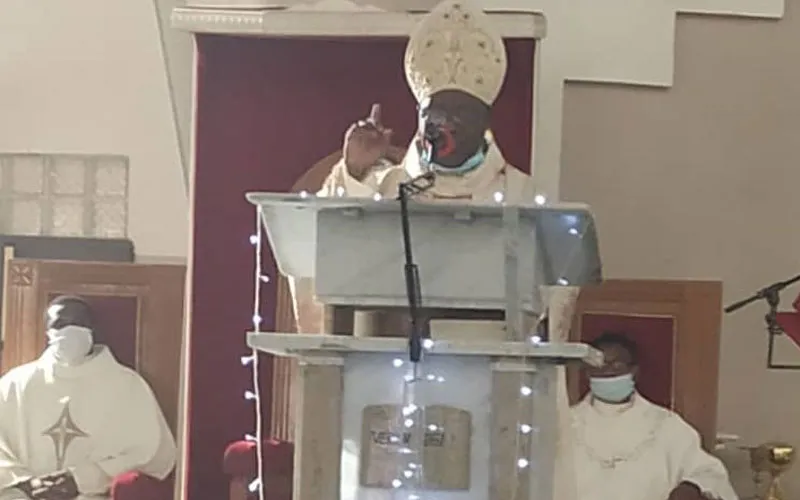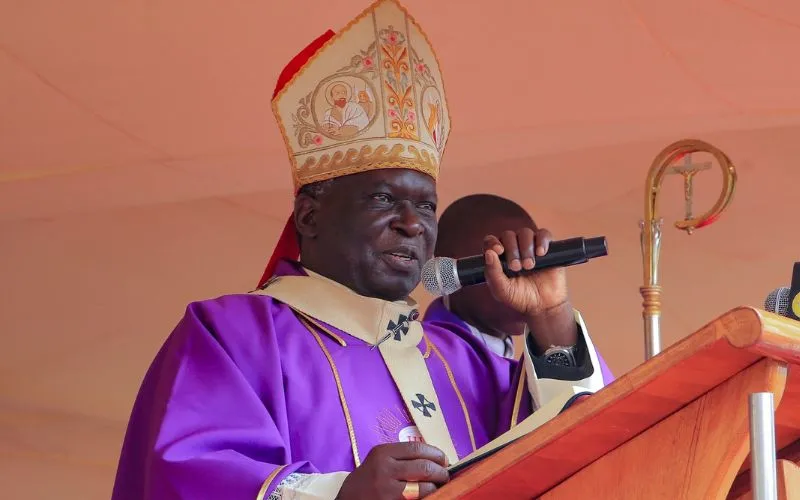Abuja, 04 January, 2021 / 3:40 pm (ACI Africa).
Various crises in the West African nation of Nigeria are as a result of superiority complex and prejudices on the part of a section of Nigerians, an Archbishop in the country said in his reflection at the beginning of the New Year.
“The multiple economic, political and religious crises we experience today are because we think we are better than others or that our tribe or religion or political party is the best,” Archbishop Ignatius Ayau Kaigama of Nigeria’s Abuja Archdiocese said in his January 1 homily.
He added, “Prejudices of tribe, religion and politics are blinding, crippling and poisoning cordial relationships and destroying trust among Nigerians.” Archbishop Kaigama lamented further.
“With this frame of mind, we promote individual or sectional interests instead of what benefits all,” the Nigerian Archbishop further reflected in reference to superiority complex and prejudice.
In the homily given at Our Lady Queen of Nigeria pro-cathedral in Abuja, the Archbishop also regretted that the biases are present among Christians of different denominations.








